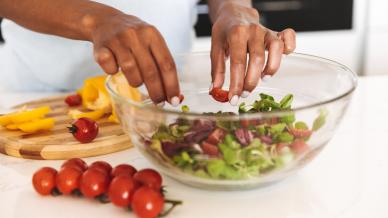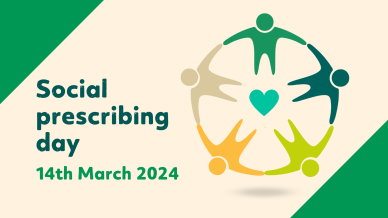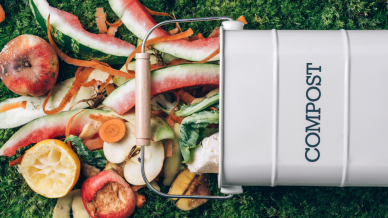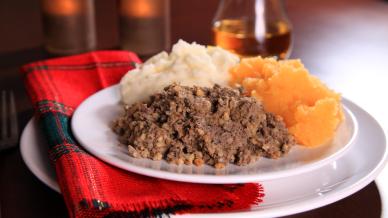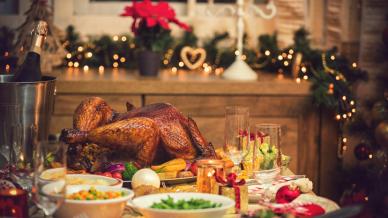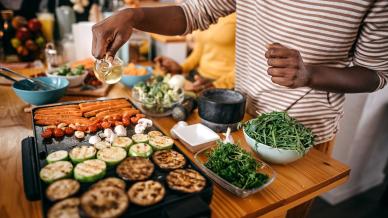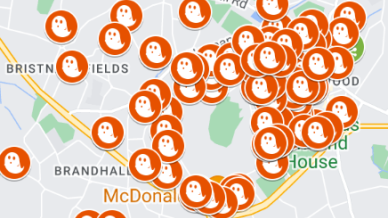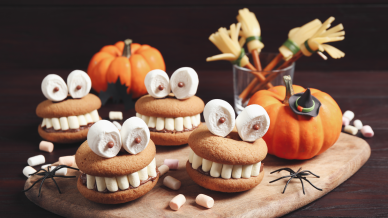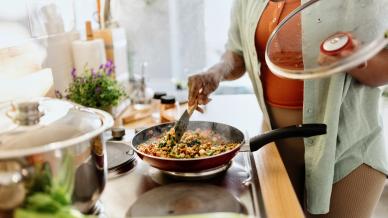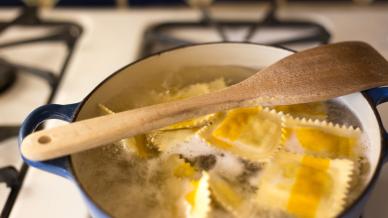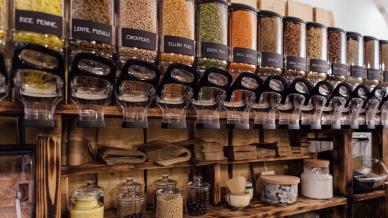From cutting out certain food groups and the importance of fresh over frozen to night-time eating and skipping meals; Take a look below as we break down 10 popular dieting myths... *SPOILER*: It turns out that a balanced diet really is best.Ìý
(Please consult a doctor or GP if you are considering making changes to your diet or have any questions about your health.)Ìý
Ìý
1) Carbs are the enemyÌý
One of the biggest diet myths out there is the belief that carbohydrates lead to weight gain. Carbs can be great for keeping you full and are often the bases for most meals. However, not all carbs were created equal. Aim for complex, nutrient-dense options such as porridge oats, wholemeal pasta, beans and potatoes over refined carbs such as white bread, chips, and crackers.Ìý
2) Frozen fruit and veg contain fewer vitamins than freshÌý
Another nutrition myth is that fresh food is better than frozen. While this may be true for meat and fish produce, the same is certainly not true for fruit and vegetables! A lot of the time harvested produce will be frozen only hours after picking and could even be better for you as they often contain no preservatives. However, make sure you check the back of the packaging to make sure this is true and avoid frozen products with added sugar.
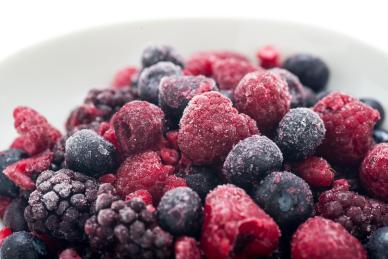
3) Skipping meals will help you lose weightÌý
While we're on the topic of debunking diet myths, let us confront another heavy hitter: skipping meals leads to weight loss. Intermittent fasting may work wonders for some (and research does have some impressive findings), but this is not universally true. Some studies have even found the opposite to be true: that by cutting out breakfast, lunch or dinner, individuals are likely to consume considerably more at their next meal than if they had stuck to 3 meals. The conclusion: do whatever feels right for you.Ìý
4) All salads are healthyÌý
As a refreshing, light and great way to pack in your recommended veggie intake; we're big fans of the humble salad. However, if you're looking for a healthy dish when eating out, be wary of the kind of salad you go for. Rich dressings, large quantities of cheese and a handful of croutons can mean that some salads are actually worse for you than some of their other menu alternatives.
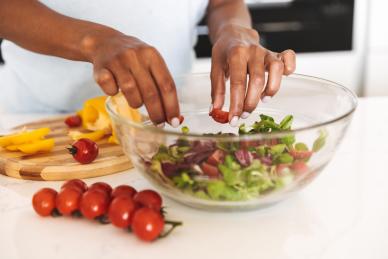
5) A gluten-free diet is bestÌý
You probably know of someone who avoided it, and you may have even attempted it yourself, but is following a gluten-free diet actually good for you? Surprisingly (or unsurprisingly, depending on where you stand) no. Unless you are coeliac or have a wheat allergy, studies have shown no positive effects of cutting out gluten. If anything, this is one of the more harmful weight loss myths as it can actually have negative effects: by bypassing certain products you'll also be missing out on the nutrients they contain.ÌýÌý
6) Fat is bad for youÌýÌý
With low-fat and fat-free alternatives everywhere, it's easy to fall for this one. For years, we've been told that all fatty foods will make you fat (after all, it's in the name!) But this isn't actually true... Large quantities of some fats, specifically saturated fats - fatty cuts of meat, cheese, lard, cakes and chocolate - can raise your cholesterol, unsaturated fats are beneficial to your health. Nuts, avocados, fish and seeds are all examples of good fats.
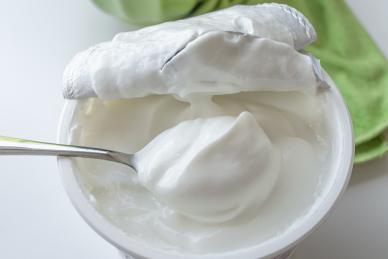
7) You must cut out certain food groupsÌý
From Atkins to keto, Weight Watchers to raw food... there's no shortage of diet programmes out there. However, if you are thinking about following or making your own plan, be wary of the ones that cut out certain food groups. Not only might you miss out on certain nutrients and minerals needed but it might not work for you on an individual level. After all, we're all different. Say, you have a sweet tooth. Studies show that if you cut out all sugary foods, you're actually more likely to crave them. And, when you do eventually have them, will eat more, rather than having a biscuit or two every so often.Ìý
8) Night-time eating makes you fatÌý
Former fad diets have spouted this claim that night-time eating means you are more likely to gain weight, however, there is no scientific evidence to back this up. Calories at night are just the same as calories in the daytime. Your body has no clock. Now, what you're eating at this time, that's the better question...

9) You can only get protein from meatÌý
While meat and poultry are good sources of protein, this is not the only way you can get it. For those of you looking to eat more greens or follow a vegetarian or vegan diet, you can find your protein from a number of different sources, including:Ìý
- Legumes (lentils, beans, peas, soy etc)Ìý
- Nuts and seedsÌý
- Whole grains (quinoa, rice, oats, wheat)Ìý
- Certain vegetables such as broccoli, corn, brussels sprouts, asparagus and artichokes.Ìý
10) You have to spend a lot to eat healthilyÌý
Eating healthily does not have to cost you an arm and a leg. Buy staples such as fruit and vegetables in bulk or as frozen alternatives and consider opting for tinned products as a way to make your produce both cheaper and longer lasting. If you need more tips and tricks, check out our budget cooking course and learn how to make nutritious and cost-effective meals.Ìý
Ìý
